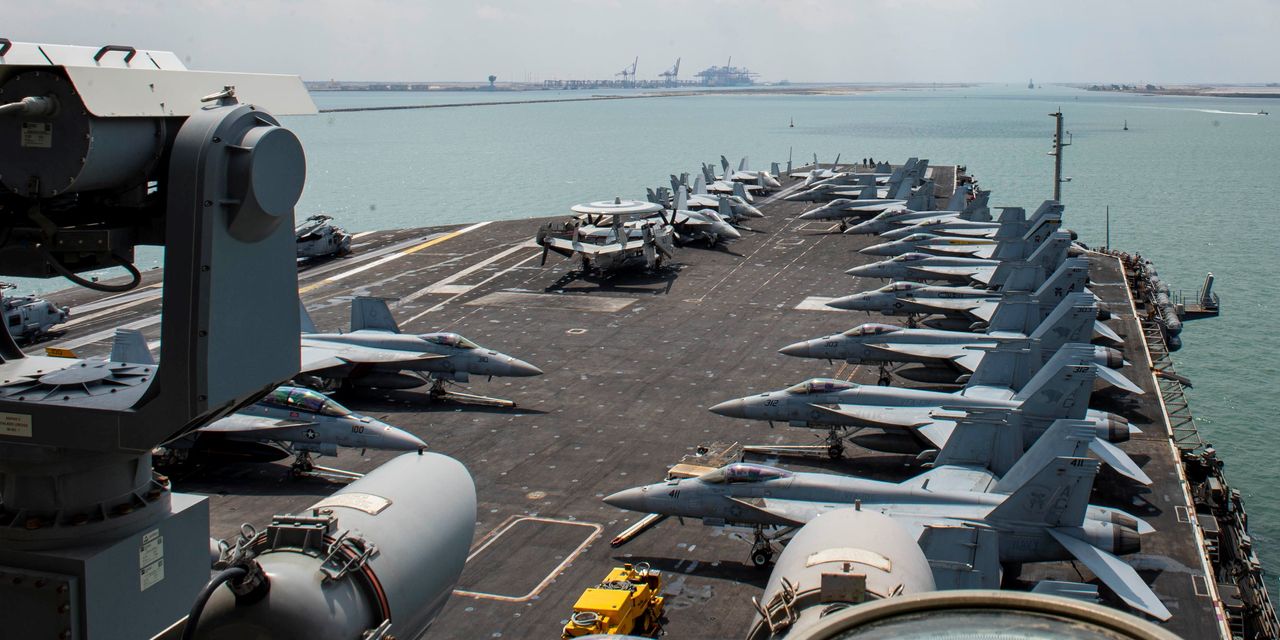What can be done about it?
It seems to be pretty true across the entire Navy. And that everyone is worried about getting fired or in trouble for making any type of decision.
What do you mean by this? This is in CNO, SECNAV, SECDEF and Congress' hands, for the most part.
If you're asking what can be done about our culture? Man, that's a deep dive, and to be fair, the report really only focuses on SWOs, not aviation, submarines, SPECWAR/OPS, where I suspect tactics are much more prevelant much earlier on in an officer's career. Wave tops: less administrative burdens, more focus on warfighting and tactics. With that said, I don't think the average enlisted Sailor in the surface fleet (or aviation, outside of AWs) is expected to know any tactics, but they should be excellent at things they will be needed for in the fight: Damage Control (and I think the Navy does a first rate job at the emphasis on this), maintenance and repair (see point 5.A. below), and, in some cases, like FCs, GMs, and OSs, yes, tactical and technical expertise.
If you're asking along the lines of what
@Brett327 said, it's complex, but
I think it comes down to:
- We need less missions for peacetime that need to be sourced at, near, or above 1.0. (This requires SECDEF, POTUS, and probably Congress on some of the issues.)
- We need combatant commanders working with each other instead of constantly saying "I'm the most important." (This will likely require a change in laws because currently the incentives are just too great to have it any other way.)
- We need more ships, particularly of the higher end DDG/CG kind. Zumwalt probably was the answer there, but the cost was too much. Someone can correct me if I'm wrong, but there's no real replacement for the current CGs other than ordering more capable flight III DDGs, and even then, we will be relying on the Arleigh Burke class for the forseeable future. Is there a viable mid-to-near term replacement for them? I don't think so, but again, someone correct me.
- We should use the lower end ships (I'm looking at LCS) in appropriate roles and stop trying to get them to do high end missions, work in places with high sea states, work in with a CSG or ARG, etc. They could take the load off DDGs and CGs stuck doing lower end missions like 1/2 of our international cooperation events, anti-piracy, counter-narcotics, and probably fill the role that we're closing with getting rid of the PCs in 5th Fleet.
- We need more protected, dedicated maintenance periods for ships.
5.A. That maintenance period needs to include realistic goals, and our Sailors should be trained to be able to do some of the work beyond "it's broke, let me replace it." We need more technical expertise in the Surface Fleet and less reliance on contractors. Does anyone think contractors will actually be available to meet up in Singapore or Sasebo to go fix [insert component here] when the next war kicks off? Does anyone think contractors (and the few GSs we have on ships) will be available to go to sea with the ship like some do?
5.B. The contractors we do have need to have paid-for-work years in advance so they can maintain and retain the same workforce to gain expertise instead of laying them off as soon as a job is done and hiring a potentially new set of workers upon the next contract. The model I'm looking at would be like how SRF works in 7th Fleet.
6. The Navy really needs to take a serious look at it's use and the costs/benefits to CSGs, ARGs, and ESGs. I suspect some of these will become obsolete in the "high end peer to peer competition" that we seem focused on.
Man there's more, but that's the wavetops I can think of immediately.

 www.wsj.com
www.wsj.com
